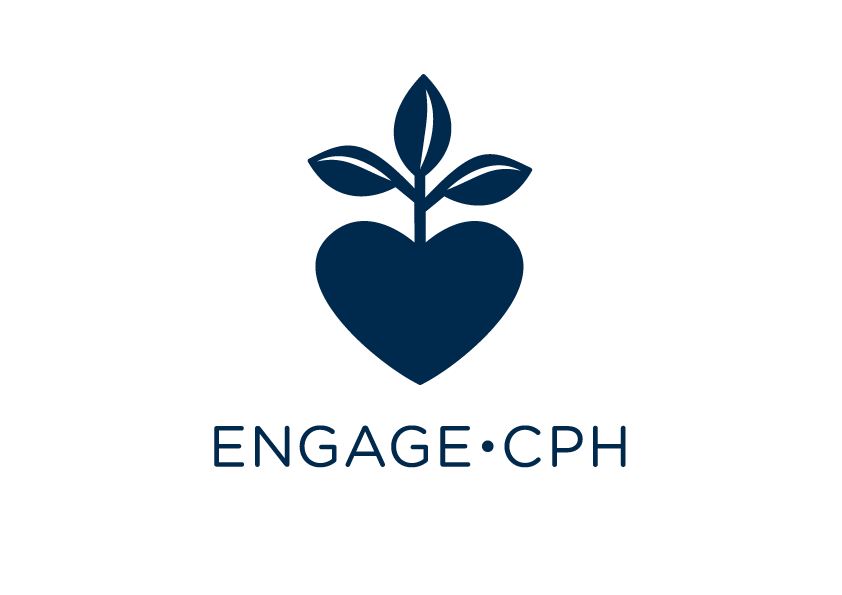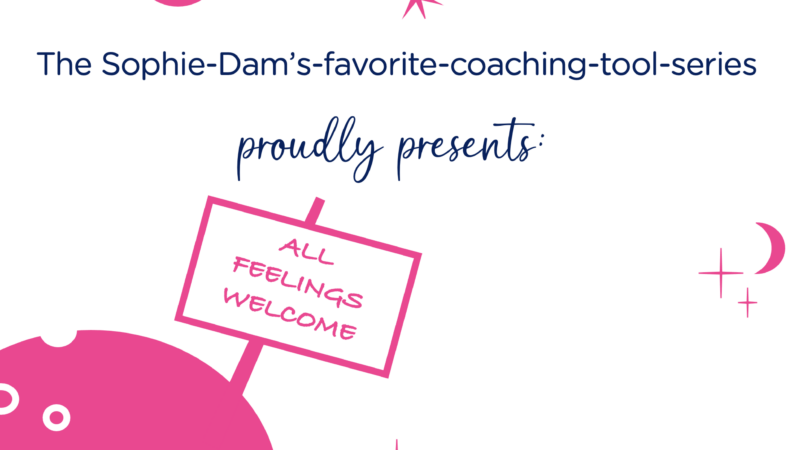Look, I am a smart cookie, and I kinda’ want the world to know about it. You, reading this, specifically, since I have your attention. I have a multitude of academic degrees, credentials, certifications, courses, and workshops under my belt, decades of professional working experience, 10.000+ hours of working as a coach, and I am a proverbial fount of knowledge, experience, and wisdom. Also, I give excellent advice.
So, when I work as a coach, I often sit there, chuck-full and bursting at the seams with answers, suggestions, advice, and solutions.
However, many, MANY times, what my client needs, is for me to be quiet. What they really need is for me to “hold the space”.
Holding the space
The definition of holding space is to be open and present without judgment. It means I have to forget about my desire to be heard (or listening to myself talk), I must set aside my preconceived ideas about what you should do, and I must squash my ego’s need for me to be a smart cookie with a lot of credentials-and-blah-blah-blah, who gives excellent advice.
Instead, I am at your disposal. I sit with you.
And I:
- Listen deep: That means actively, curiously, and openheartedly
- Practice empathy and compassion and accept your truths
- I don’t judge. I put my own opinions aside
- I come in open with no preconceived outcome
Let’s dig deeper into what all of that might look like.
Deep listening
Deep listening means listening to understand. It means unpacking what lies behind the words. So, I ask the questions that gets us deeper: “What do you mean by that? How does that look to you? Can you give me an example?”
I listen, but I also look: I watch your posture, your breathing, your muscle tension and eye movements, changes in your skin tone, your body language, and your facial expressions as well as your speaking pace, intonation, pauses, volume, etc.
Then I ask about what I see: “You just held your breath before you said that: What were you thinking about? You seem dissociated right now as you are looking out the window – where did you go off to? You just turned pale – what are you feeling?”
I stay present, and I actively work at keeping you present too.
Empathy: Being understood
Empathy is the ability to emotionally understand and see things from other people’s point of view and imagine oneself in their place. So, when my clients are suffering, I quite simply feel sympathy for what they are going through.
Sometimes my clients talk about self-images that are affected by bullying or neglect in their childhood, sometimes they talk about loneliness and lack of support that is going on right now within the four walls of marriage, sometimes they reveal “old” beliefs that are rooted in a faded memory. These are all things that affect our behavior. We all carry our whole story with us all the time, so it can be a great relief having such thoughts ‘aired out’ – saying this stuff out loud removes a lot of the shame, and we’re able to DO something with it. Challenge those thoughts, reframe them, put them into a different context. Thus, they transform. There is great healing in that.
I don’t judge
You get to have any emotion and to be ’held’ in a safe space while you feel that. You get to feel curious, happy, excited, or okay. You get to feel sad, petty, ugly, small, bitter, or angry.
I validate your experience. All feelings are welcome. You are allowed – even encouraged – to have them.
The process of moving through any emotion is always individual, but the only way out is through. So, we sit with it. And then it transforms.
Emotions transform
If it is foreign to you to be in contact with big emotions, especially painful ones like anxiety, anger, grief, sadness, jealousy, and fear, you get to safely “practice” having them with me. You will learn that while it can certainly be overwhelming or uncomfortable, having intense emotions is not dangerous. You are – actually – safe. I’m right there with you.
And you will see that if you allow the feelings to be there, they transform and turn into something else. By practicing being with your emotions, you can learn how to react appropriately: You can learn how to self-regulate.
No preconceived outcome
When I start a coaching process, I never know where we will end up. When I enter the room, I don’t know in advance what the process will look like, what the outcome will be, or which elements will be included. I don’t have an agenda or ready set goals on your behalf. I show up with my ability be open and present without judgment and we’ll take it from there.
While excellent advice, shared wisdom, useful strategies, elaborate schemes, and grand plans can also be called for (and are ALSO a part of the coaching experience á la moi), for just about everybody, feeling truly SEEN and HEARD can be the most therapeutic and healing thing in and of itself.
I’m here for you if you need me, and I’ll hold the space.





